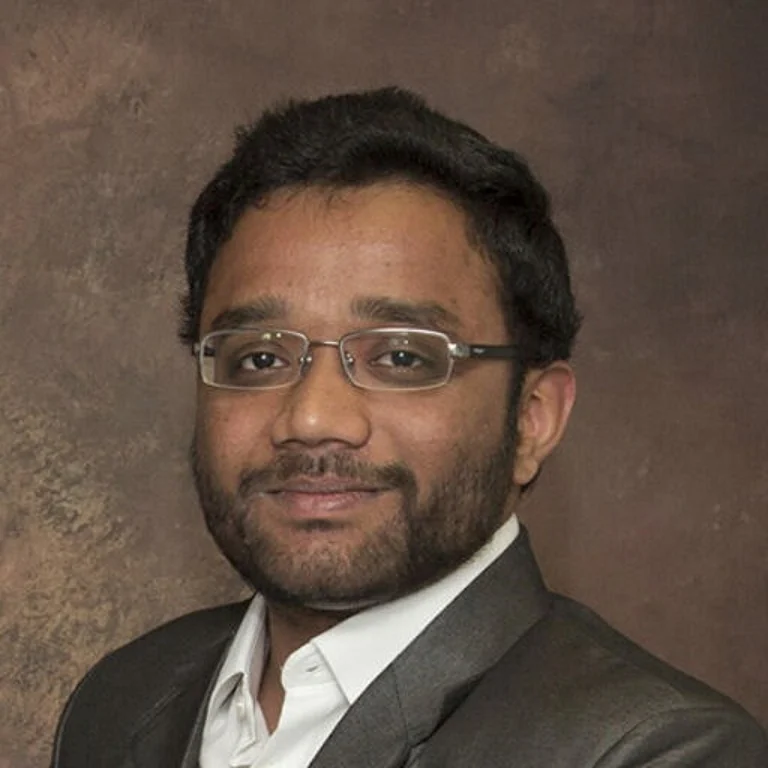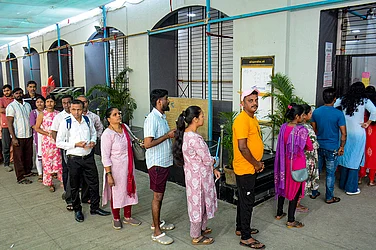
India has criticised Pakistan at the United Nations.
India described democracy as an “alien concept” for Islamabad and urging it to end serious human rights abuses in areas under its illegal occupation.
Reaffirming India’s long-standing position, Harish stated that Jammu and Kashmir “has been, is, and will always be” an integral and inalienable part of India.
India has criticised Pakistan at the United Nations, describing democracy as an “alien concept” for Islamabad and urging it to end serious human rights abuses in areas under its illegal occupation, where the local population is said to be in “open revolt” against military control, repression, and exploitation.
India’s Permanent Representative to the UN, Ambassador Parvathaneni Harish, made the remarks while responding to references made by Pakistan’s envoy during the UN Security Council’s open debate on “The United Nations Organisation: Looking into the Future” on Friday.
“The people of Jammu and Kashmir exercise their fundamental rights in accordance with India’s time-tested democratic traditions and constitutional framework,” Harish said. “We, of course, know that these are concepts alien to Pakistan.”
Reaffirming India’s long-standing position, Harish stated that Jammu and Kashmir “has been, is, and will always be” an integral and inalienable part of India. He also accused Islamabad of continuing grave human rights violations in territories under its control. “We call upon Pakistan to end the grave and ongoing human rights violations in the areas illegally occupied by it, where the population is in open revolt against Pakistan’s military occupation, repression, brutality and illegal exploitation of resources,” he said.
Harish went on to stress that the United Nations must undergo “real, comprehensive reforms,” noting that the 80-year-old Security Council framework no longer reflects the geopolitical realities of the modern world. “An outdated Council architecture that mirrors the geopolitical realities of 1945 is not equipped to handle the challenges of 2025,” he said, calling for expansion in both the permanent and non-permanent membership categories through “time-bound” and “text-based negotiations.”
He emphasised that the Global South must have a stronger role in shaping global decisions, warning that the delay in reform “does immense disservice to our citizens, especially in the Global South.” Harish said this group of countries represents the overwhelming majority of humanity and faces unique challenges in areas such as development, climate, and financing.
Reiterating India’s commitment to multilateralism, the envoy said the world must move beyond “pennies and posts” and work towards a renewed vision of the UN—one that is more agile and responsive to emerging global challenges like pandemics, terrorism, economic instability, and climate change. He cautioned that the UN now faces questions of “relevance, legitimacy, credibility, and efficacy.”
According to Harish, international cooperation is increasingly viewed as charity, while prosperity remains “ring-fenced amid shrinking access to resources and technologies necessary for growth.” Progress that is not shared universally, he said, is “neither sustainable nor tenable in moral terms or on a practical basis.”
He also called for the UN to become more adaptive, noting that peacekeepers encounter “newer challenges every day” and require realistic mandates, adequate resources, and technological support. “Structural adjustments of different UN bodies are welcome, but not enough,” he remarked, suggesting that the UN’s 80th anniversary should aim to deliver “real, comprehensive reforms of the UN and its principal organs.”
Harish further highlighted the need to revitalise the General Assembly as the UN’s main deliberative and policymaking body and to strengthen coordination with the Security Council to uphold the purposes and principles of the UN Charter.
Warning member states against using the UN as a “theatre for divisive politics and parochial purposes,” he said, “In a world fractured and fragmented along multiple fault lines, the United Nations... is the only vehicle we possess to harness our collective energies for global public good.”
Concluding his address, Harish invoked India’s civilisational ethos of Vasudhaiva Kutumbakam (the world is one family) and urged all nations to work together to make the UN “fit for purpose for the new era.”
With PTI inputs



























